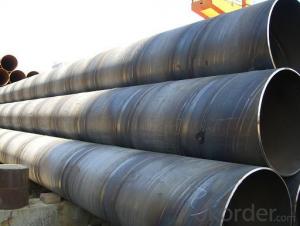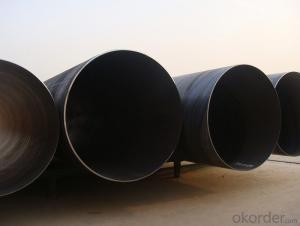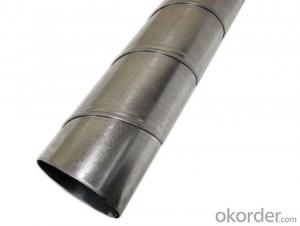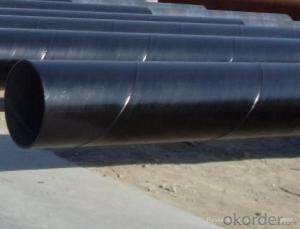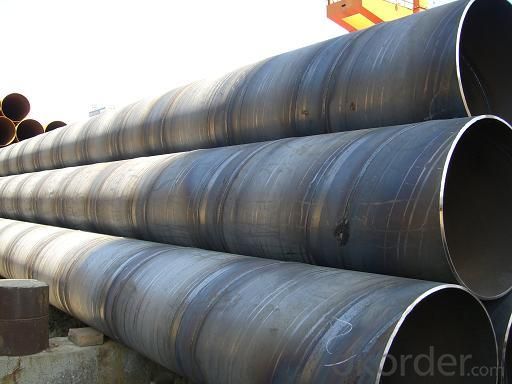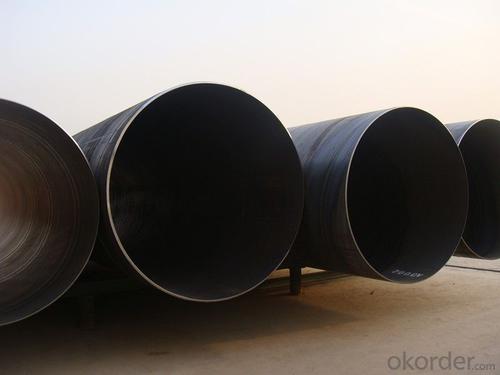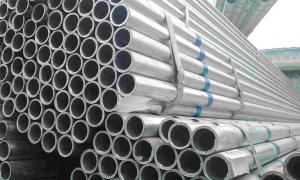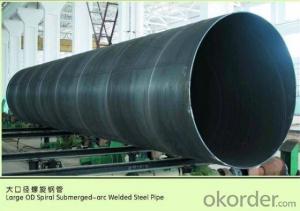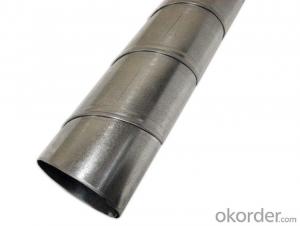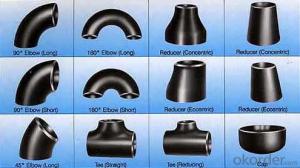SPIRAL CARBON STEEL PIPE 32’‘-48''
- Loading Port:
- China Main Port
- Payment Terms:
- TT OR LC
- Min Order Qty:
- -
- Supply Capability:
- -
OKorder Service Pledge
OKorder Financial Service
You Might Also Like
Packaging & Delivery
Packaging Detail: | standard export packing or as customer's requirement |
Delivery Detail: | within 10 - 30 days |
Specifications
Spiral Welded Steel Pipes and Tubes
1.Material:Q195-Q235
2.Length:1-12m
3.WT:1.0-14mm
4.O.D.:20-273mm
Spiral Welded Steel Pipes and Tubes
Product Description:
1.Material : Q235,Q345,L245,L290,L360,L415,L450,L485,GrB,X42,46,X52,X56,X60,X65,X70,X80,X100
2,Standard: SY/T5037-2000,GB/T9711-2011,API Spec 5L PSL1/PSL2,ASTM A252\A53,ISO3183,DIN17172,EN10217,JIS G3457,AWWA C200,ASTM A139,ASTM A671,ASTM A672
3.Wall thickness: 3.0mm-30mm
4.Outer diameter: φ168mm-3020mm
5,Length: 5m-12m or as your requirement
6,Corrosion protection standard: DIN30670,DIN30671, AWWAC210, AWWA C203, SY/T0413-2002,SY/T0414-2002
7,Application: Oil, gas, natural gas, water pipe, thermal electricity pipe, steel structure engineering, etc
Q195-q345 Material Steel Pipe's Materials
Elements | Chemical Compsition% | Mechanical Property | ||||||
| C% | Mn% | S% | P% | Si% | Yield Point (Mpa) | Tensile Strength(Mpa) | Elongation |
Q195 | 0.06-0.12 | 0.25-0.50 | <0.050 | <0.045 | <0.030 | >195 | 315-430 | 32-33 |
Q215 | 0.09-0.15 | 0.25-0.55 | <0.05 | <0.045 | <0.030 | >215 | 335-450 | 26-31 |
Q235 | 0.12-0.20 | 0.30-0.70 | <0.045 | <0.045 | <0.030 | >235 | 375-500 | 24-26 |
Q345 | <0.20 | 1.0-1.6 | <0.040 | <0.040 | <0.55 | >345 | 470-630 | 21-22 |
- Q: What are the different types of steel pipe fittings for industrial applications?
- There are several types of steel pipe fittings commonly used in industrial applications, including elbows, tees, reducers, couplings, unions, flanges, and caps. These fittings are designed to connect, redirect, or control the flow of fluids in a piping system, ensuring efficient and reliable operation in various industrial processes.
- Q: ASME seamless tube how to express, what is the form, I did not find on the ASME, thank God!
- Welded and seamless pipe standards are ASME B31.10, no go, if you want to force a seamless tube, the request can be seamless for seamless meaning.In addition to that, the cost and difficulty of manufacturing welded pipe is higher than that of seamless tube.
- Q: How do you determine the weight per foot of a steel pipe?
- To determine the weight per foot of a steel pipe, you need to consider two main factors: the thickness and the diameter of the pipe. First, you need to measure the outer diameter (OD) and the wall thickness (WT) of the pipe using a caliper or a measuring tape. Once you have these measurements, you can calculate the inner diameter (ID) by subtracting twice the wall thickness from the outer diameter (ID = OD - 2 * WT). Next, use the formula for the cross-sectional area of a pipe (A = π * (OD^2 - ID^2) / 4) to calculate the cross-sectional area. Finally, multiply the cross-sectional area by the density of the steel, which is typically around 490 pounds per cubic foot, to determine the weight per foot of the steel pipe. Weight per foot (WPF) = A * 490 It's important to note that this calculation provides an estimate of the weight per foot, as manufacturing tolerances and slight variations in the density of the steel may affect the actual weight. Therefore, it is recommended to use this calculation as a guide and consult the manufacturer's specifications for more precise information.
- Q: What are the different coatings used on steel pipes?
- There are several different coatings used on steel pipes, including but not limited to, epoxy coatings, fusion bonded epoxy (FBE) coatings, polyethylene coatings, and zinc coatings. These coatings are applied to steel pipes to protect them from corrosion, increase their lifespan, and improve their performance in various environments.
- Q: How are steel pipes used in the construction of pipelines?
- Steel pipes are commonly used in the construction of pipelines due to their durability, strength, and resistance to corrosion. These pipes are welded together to form a continuous line, allowing fluids or gases to be transported over long distances. The steel pipes are essential for ensuring a reliable and efficient flow of materials, such as oil, gas, or water, in various industries, including oil and gas, water supply, and infrastructure development.
- Q: What's the difference between a cracked carbon steel tube and a liquid carbon steel tube?
- If the material is the same, the process is different from the test.
- Q: What are the common applications of steel pipes in industrial settings?
- Steel pipes are commonly used in industrial settings for various applications such as transporting fluids and gases, providing structural support in construction projects, conveying materials in manufacturing processes, and facilitating the distribution of water, oil, and gas in pipelines.
- Q: What are the uses of welded steel pipes?
- The spiral submerged arc welded pipe (SY5036-83) for the delivery of pressurized fluid is made of hot rolled steel strips for tube billets, often spirally formed, welded by double submerged arc welding and used for the transmission of pressurized fluid. The steel pipe has strong pressure bearing ability and good welding performance. After a rigorous scientific examination and test, it can be used safely. The utility model has the advantages of large caliber of the steel pipe, high transmission efficiency, and investment in laying pipelines. Mainly used in the transportation of petroleum and natural gas pipelines.
- Q: Can steel pipes be bent or shaped?
- Yes, steel pipes can be bent or shaped using various methods such as cold bending, hot bending, or using hydraulic or mechanical equipment.
- Q: What does "buried steel pipe" 6*2SC100 mean?
- The embedded steel pipe 6*2SC100 refers to a welded steel pipe with 2 pipe thicknesses of 6mm and a diameter of 100mm. SC pipe means welded steel pipe. Embedment means pre installation (burial).
Send your message to us
SPIRAL CARBON STEEL PIPE 32’‘-48''
- Loading Port:
- China Main Port
- Payment Terms:
- TT OR LC
- Min Order Qty:
- -
- Supply Capability:
- -
OKorder Service Pledge
OKorder Financial Service
Similar products
Hot products
Hot Searches
Related keywords
